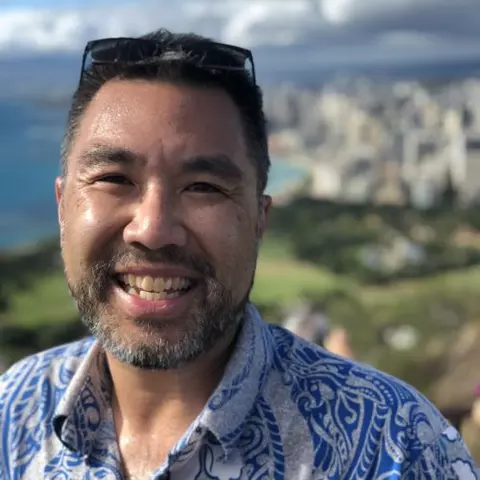George Cheung

George is the Director of More Equitable Democracy. Prior to this, he served as Program Director for the Joyce Foundation’s Democracy Program and Co-Chair of the Funders’ Committee for Civic Participation. Cheung was also executive director of the Win/Win Network, an affiliate of State Voices, and founder/executive director of Equal Rights Washington, a statewide LGBTQ advocacy organization. He holds a Masters in Public Policy from Harvard Kennedy School and a Bachelor’s degree in Political Science from Brown University.
Presentations from Facing Race 2022
Audre Lorde wrote that the master’s tools will never dismantle the master’s house. Currently, we use an antiquated electoral system called winner-take-all or first-past-the-post, which originates from our British colonial history. Changing this system may seem impossible. But, in fact, communities across the country have experimented with many reforms. One promising electoral system, proportional representation, was implemented in New York City in the 1930s. It is credited with the election of the first woman and the first people of color elected to city council - including Ben Davis, a Black member of the Communist Party. Fast forward almost 100 years, activists of color are organizing to advance proportional representation at the local level in Dayton (OH), Portland (OR), and King County (WA). Perhaps your community is next?
The workshop provides a crash course for advocates to learn about electoral systems and racial justice. First, we will open with a gallery walk that highlights the history of our electoral system within the broader struggle for racial justice. Then, we will do a deep dive into how our current system protects voting rights (spoiler alert: it's weak sauce). We will then wrap up with an overview of proportional representation and an interactive exercise called "What's for Dinner" to demonstrate how electoral systems impact representation. Participants will leave with a better understanding on how electoral systems impact the movement for multiracial democracy and real tools to engage their organizations and communities.
Presentations from Facing Race 2020
The American two-party system is bad for anyone who cares about racial equity. It creates a dynamic whereby one party is hostile and the other gives lip service, but believes it can take the votes of people of color for granted. Moving beyond our current system, “first-past-the-post”, which is a holdover from our British colonial history, may seem impossible. But, in fact, communities across the country have experimented with many reforms. One promising voting system, proportional representation, was implemented in New York City in the 1930’s. It is credited with the election of the first woman and the first people of color elected to city council - including Ben Davis, a black member of the Communist Party.
The workshop provides a crash course for advocates to learn about the ins and outs of electoral systems reform as it relates to racial equity. First, we will cover the range of values implicit in electoral systems, review the mechanics of the major ones in the US, and run an election to provide some hand-on experience. We will then discuss the implication of electoral systems on voting rights and building political power for communities of color and show a short documentary on a recent reform in Michigan. The session will end with some opportunities for making change happen in your communities.